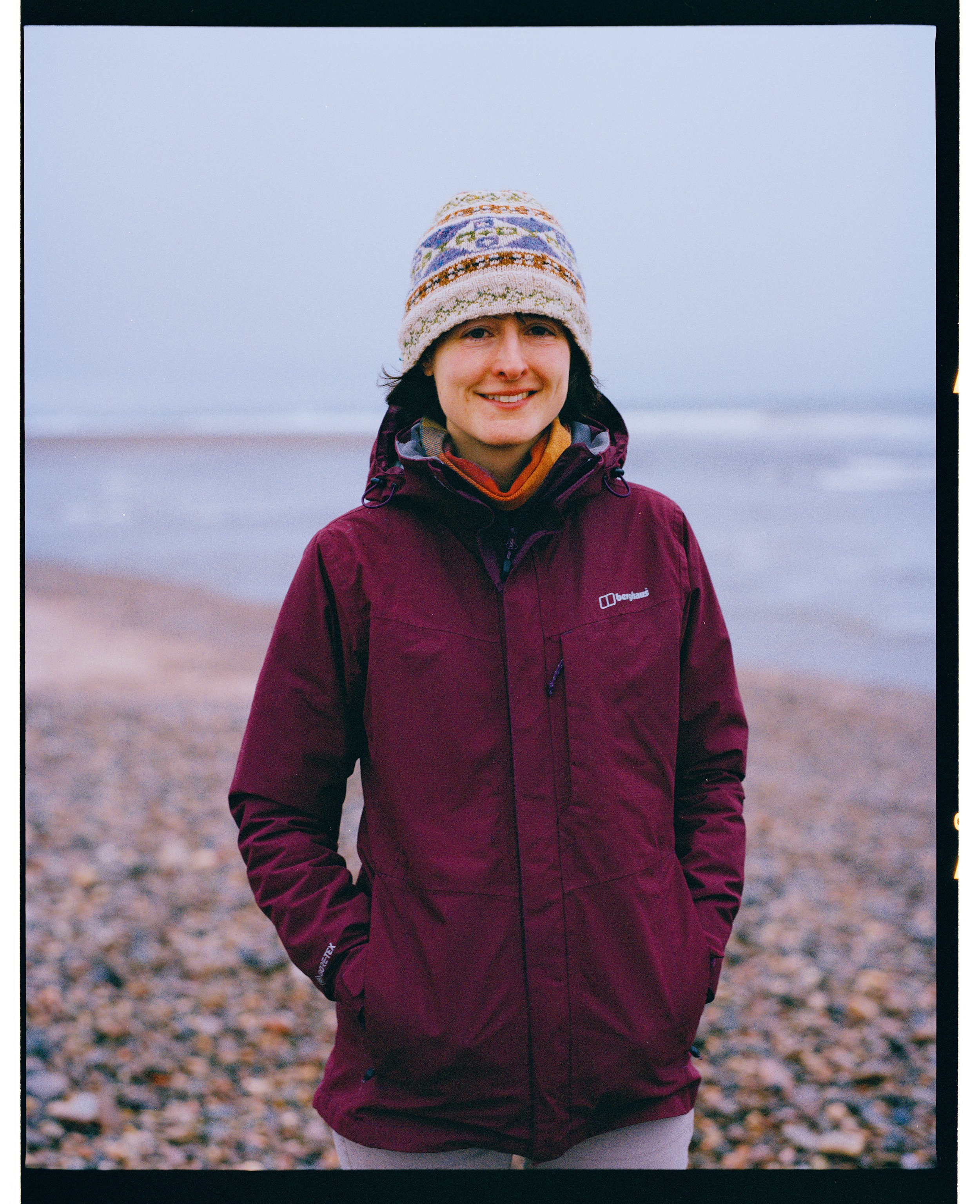“One of the things we’re looking at is the changing timings of when things happen, because with climate change, as people are becoming aware, climate change is altering the timings of when things happen, like butterflies coming out of their hibernation too early.
And so one of the things that might be happening is, climate change, because it’s getting warmer, the sea is getting warmer too but not as quickly, so the fish in the rivers, they’re using the temperature of the river, plus the length of day, and the flow rate of the river as indicators of when they should leave the river, and they’re expecting to find good conditions for themselves when they get to sea, but if the conditions in the river are changing then that’s maybe triggering them to leave too early, and then they’re getting to the sea, but the temperatures they’re expecting aren’t there, so that’s impacting their feeding ability and their growth rates, perhaps the predators they’re encountering. So we’re looking at changes in timings.
So one of the things I've been doing is, pulling together loads of data from satellites and ocean models on plankton, the plankton cycle: when’s the spring bloom? In the spring when it gets warmer and the sea is so mixed up, and the plankton have this big bloom, is that happening at a different time than it used to? And how are all these things changing? Are some things changing faster than others?
And there's a limit to how much things can change. So the fish maybe only have a limited capacity to adapt to that climate change, which is why climate change is going to affect everything differently, because some species are quite adaptable, and some maybe are tied more to daylight cycles for example."
